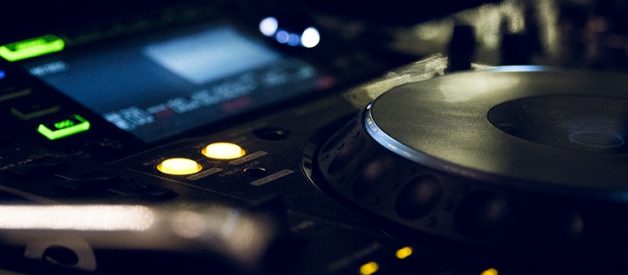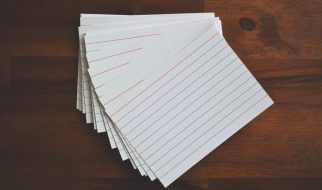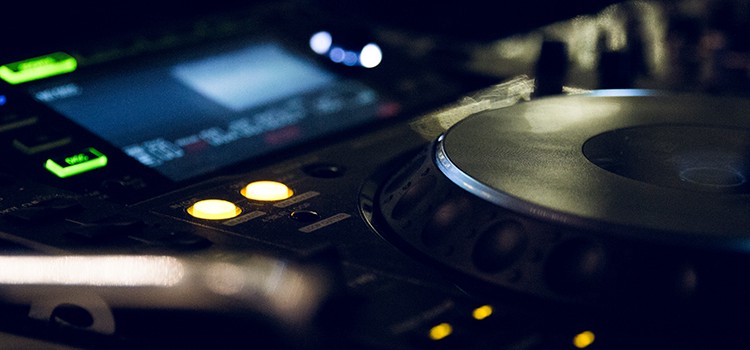
The rules around sampling music have been mystifying musicians since the enactment of the Copyright Act of 1976.
While copyright laws regarding how to clear a sample often seem straightforward when discussed in the abstract, the ability to tell wrong from right when you?re experiencing a situation first-hand seems to take a perplexing turn for many musicians. And failing to adhere to copyright laws has proven to evolve into an expensive mistake even the most seasoned of musicians have been known to overlook, including De La Soul, Robin Thicke, and Led Zeppelin.
At the same time, adept music fans are sure to have noticed the decades-long trend of Billboard-topping tracks directly incorporating inspiration from their predecessors in the form of sampling ? most recently, Drake who sampled Ms. Lauryn Hill who sampled Wu Tang Clan who sample Gladys Knight and the Pips.
This points to the fact that sampling is indeed possible to do legally and in good faith; but failing to do so can be detrimental to both your bank account and career.
Let?s bust the myths surrounding legal music sampling once and for all. Test your music sampling knowledge with a brief pop quiz below, and feel free to refer back to this guide any time you?re in doubt.
1. True or False: If you only sample two seconds of an existing work, it?s ?fair use.?
FALSE. Think of it this way: if you go to the store and steal a pack of gum, is it not considered stealing regardless of the amount or price tag? Whether we?re discussing a $1 pack of gum or a few songs of someone else?s original track, stealing is stealing ? regardless of the amount. Keeping this logic in mind will always steer you straight when it comes to the legalities of sampling music.
When you sample another artist?s music without obtaining their permission, you?re infringing on the copyright to that work, no matter how big or small of a portion you actually use. If the owner of that work registered it with the U.S. Copyright Office, he or she would then have every right to sue you for statutory damages ? which can be substantial.
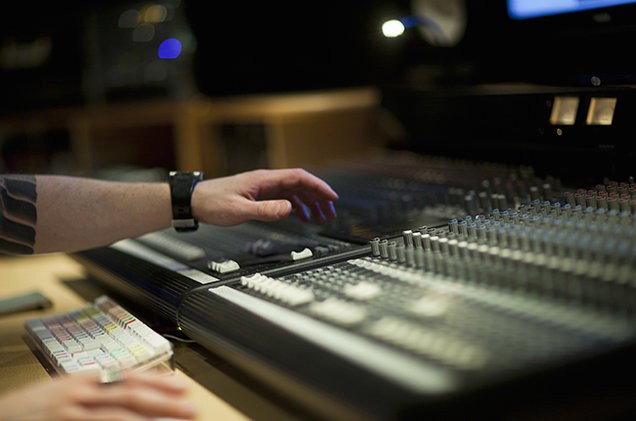
Therefore, if you want to legally use a sample of a piece of music in your work, you have to obtain permission, every single time.
You may have also heard that using such a small sample is protected by the concept of ?fair use.? However, fair use is simply a defense to a claim of copyright infringement. Translation: It will not prevent you from being sued over your potentially infringing work.
Regardless, fair use would be difficult to prove in the case of sampling music. Under fair use, sampling must be for the purpose of criticism, comment, news reporting, teaching, scholarship, or research. Still unsure? Courts have broken down whether sampling is covered by fair use into the following factors:
1) The purpose and character of the use: Is the new work commenting on the old work? Is the new work educating people about the old work?
2) Nature of the use: Is the new work being sold for profit?
3) The amount of substantiality of the previous work being used: Does the new work need to use so much of the previous work, especially if you?re claiming it?s a commentary on the original work?
4) Harm done to the original copyright owner: Is the new work replacing the previous work? Are people now purchasing the new work instead of the original?
Long story short ? don?t sample without securing the rights. While these judgment criteria are somewhat subjective, more often than not, music sampling by musicians is not protected by fair use and even if it is, you?ll still end up shelling out thousands in order to pay an attorney to defend your argument in court.
How much it costs to sample someone else?s work can vary greatly depending on the song, but your best bet is to reach out to a performance royalty organization like ASCAP or BMI, find out who holds publishing rights, and reach out accordingly to gain permission.
2. True or False: You can freely sample any work that isn?t copyrighted at the time of sampling.
FALSE. A work is actually protected by copyright laws the moment it is created and ?fixed in a tangible form.? In layman?s terms? The moment you take an idea and turn it into a song that you can play for someone else, your work is protected by copyright.
You may be wondering why some creators choose to take the extra step to officially register a copyright with the U.S. Copyright Office. Taking this legal step is voluntary, but can serve you by adding an additional layer of protection, as registered works are eligible for additional remedies, namely the ability to sue for statutory damages and attorney fees.
3. True or False: Even if you don?t plan on selling your music or mixtapes with uncleared samples, and just want to distribute them online and/or offline for free, it?s still copyright infringement.
TRUE. It doesn?t matter if you have no plans to ever make money from your music ? if you?re using any amount of uncleared samples, you?re still infringing.
Whether registered with the U.S. Copyright Office or not, artists are presented with six exclusive rights upon the creation of their original work:
1) The right to reproduce the work;
2) The right to distribute the work;
3) The right to perform the work;
4) The right to display the work;
5) The right to make derivatives of the work; and
6) The right to digitally transmit the work.
While some artists might not bother to enforce their rights, and prevent you from using a sample in a work that you?re sharing for free, they still would absolutely have every right to do so ? and regardless of how great your idea is, you should heavily weigh if it?s worth as much as a potential lawsuit would be. Be aware this also includes mashups or other forms of compilations.
Whether shared for free physically or online, the law is that only the copyright owner has the right to reproduce, distribute, and make derivatives of their music.
4. True or False: Copyrights expire when an artist dies.
FALSE. According to the Copyright Act of 1976, as amended in 1998, works created on or after January 1, 1978 are protected by copyright for 70 years after the creator?s death.
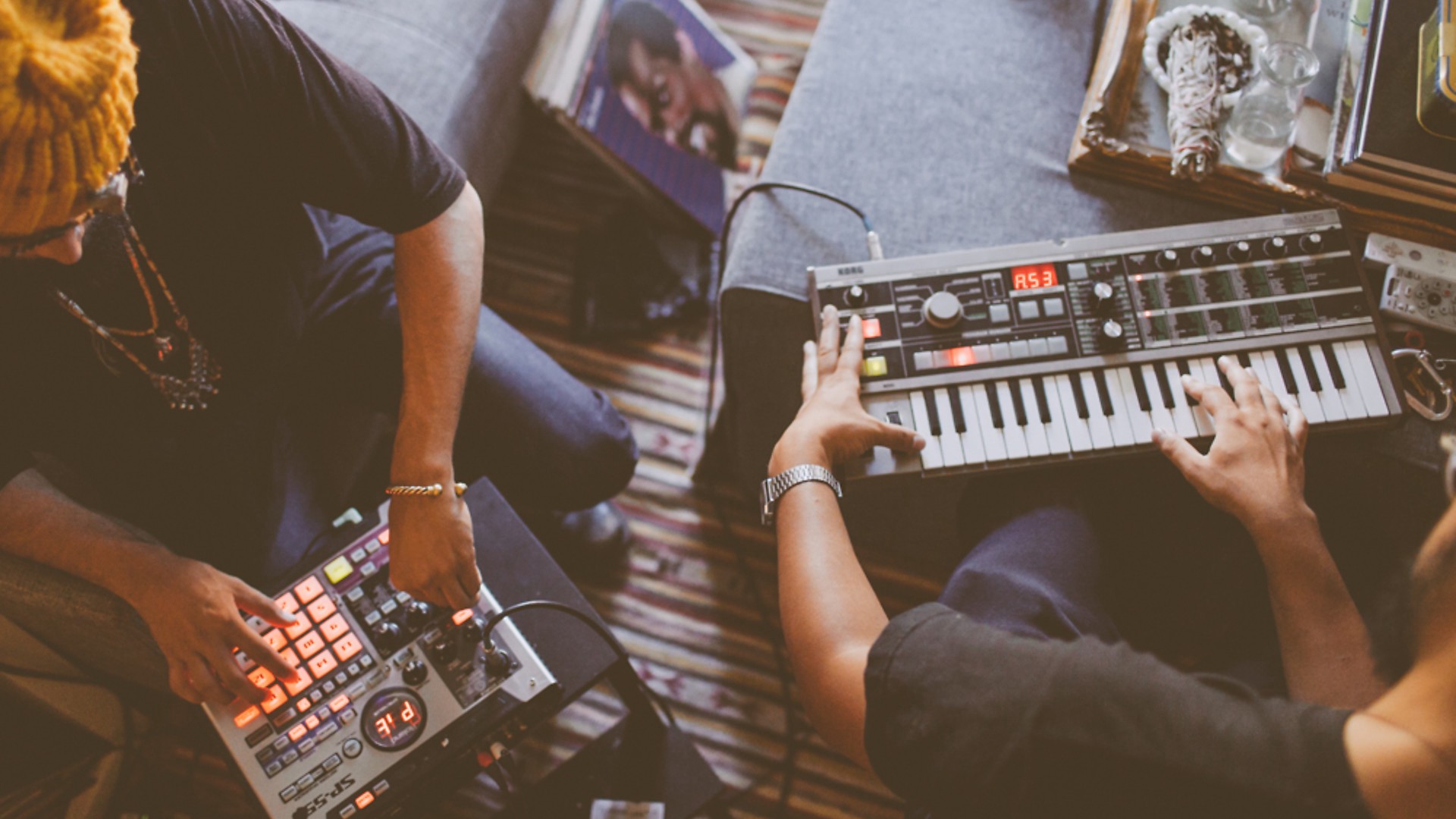
If you?re looking to sample music created by a group, it may be protected for even longer. For a ?joint work prepared by two or more authors who did not work for hire,? the term lasts for 70 years after the last surviving author?s death.
5. True or False: If you quote lyrics from another artist but record it in your own voice, it?s not copyright infringement.
FALSE. There are two inherent copyrights created along with every new piece of music: the sound recording and the underlying musical composition. In this case, you would not be infringing upon the sound recording, but you would be infringing regarding the underlying composition.
Have further questions about copyright do?s and don?ts? Whether you?re an electronic producer sharing your tracks on Soundcloud just for fun, a buzzing rapper seeking to distribute your mixtape in good legal standing, or a cover band wondering what your rights are when it comes to performing for pay, we?re here to help.
Contact us and let?s talk about how we can protect your own original music, or ensure that your work doesn?t infringe on someone else?s intellectual property.
